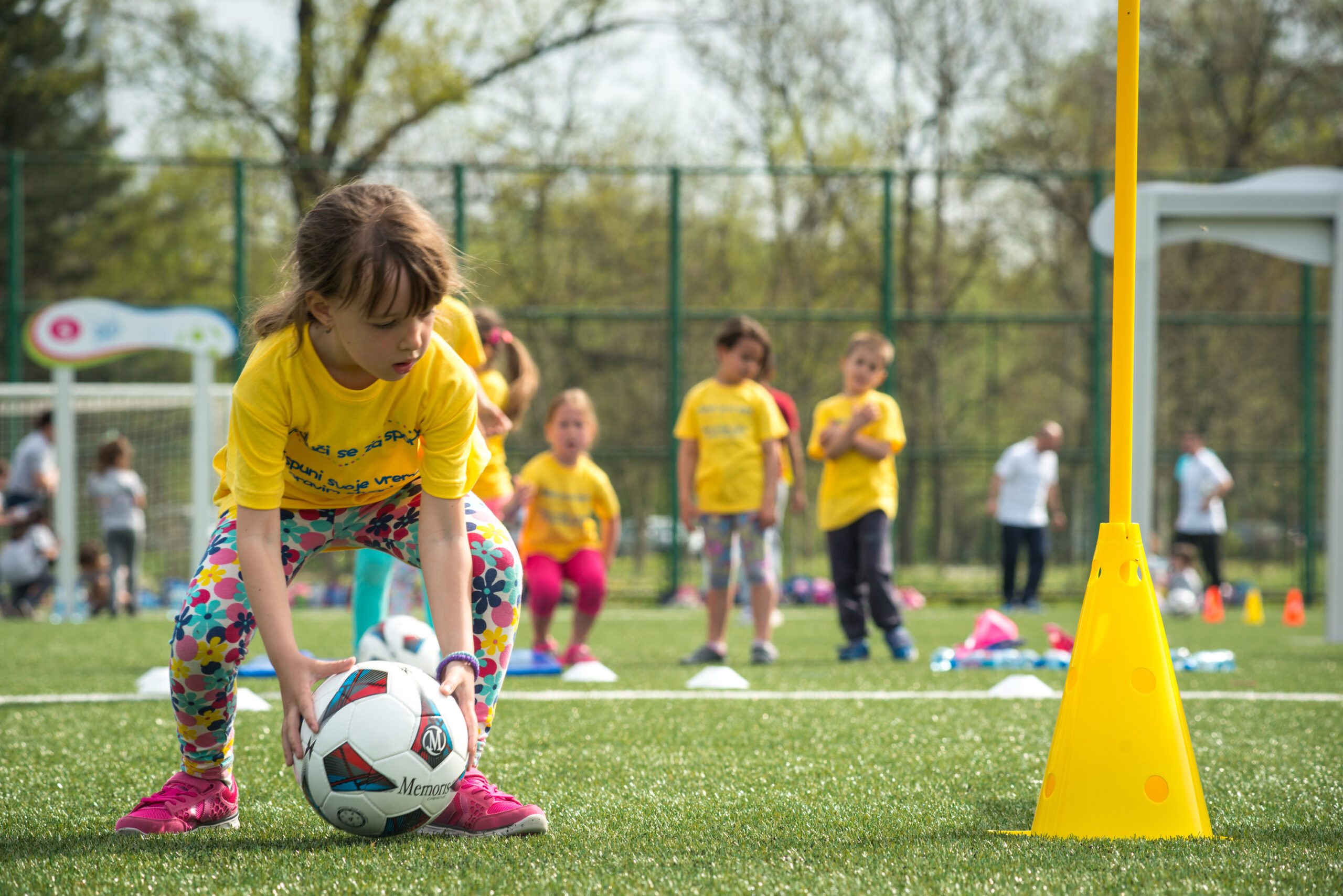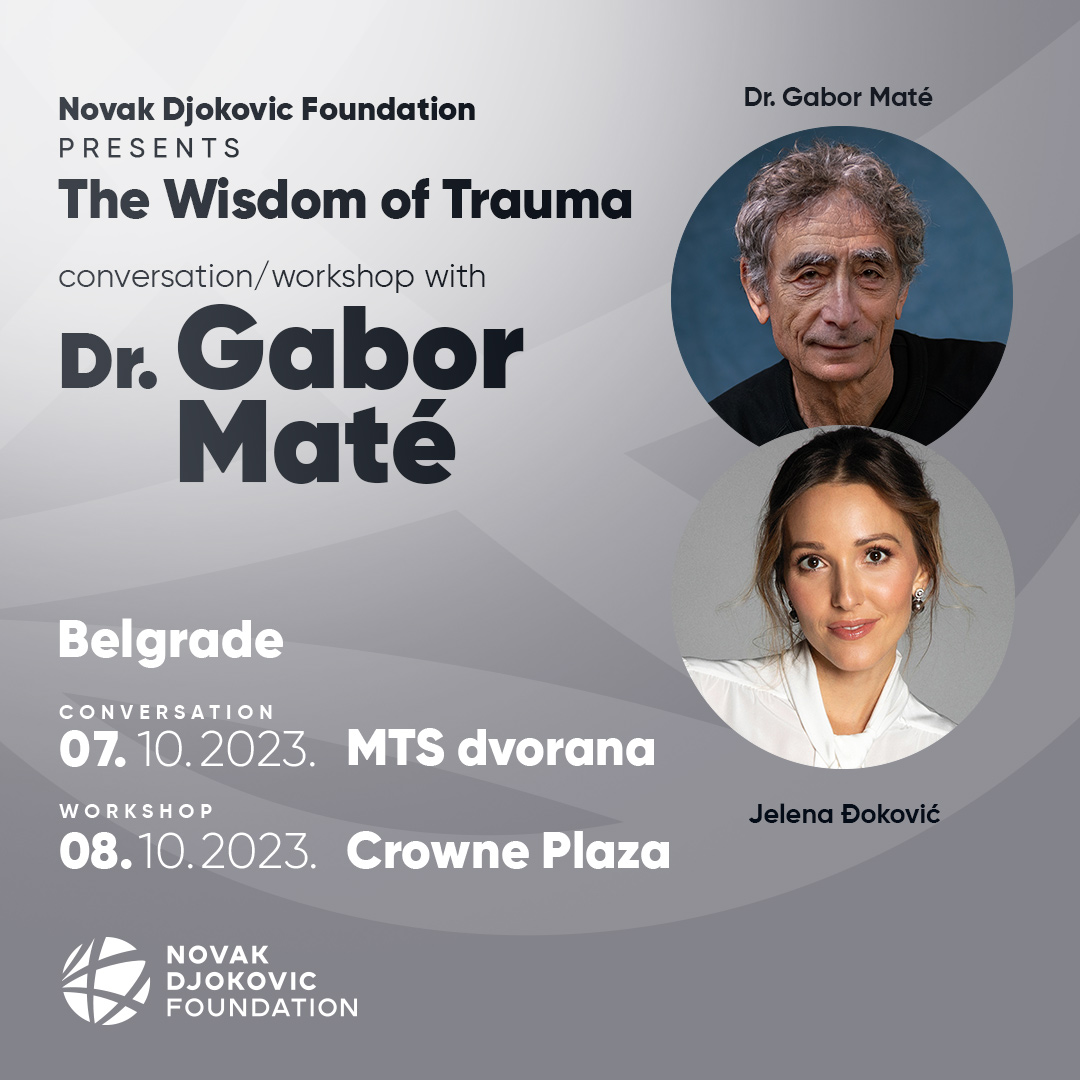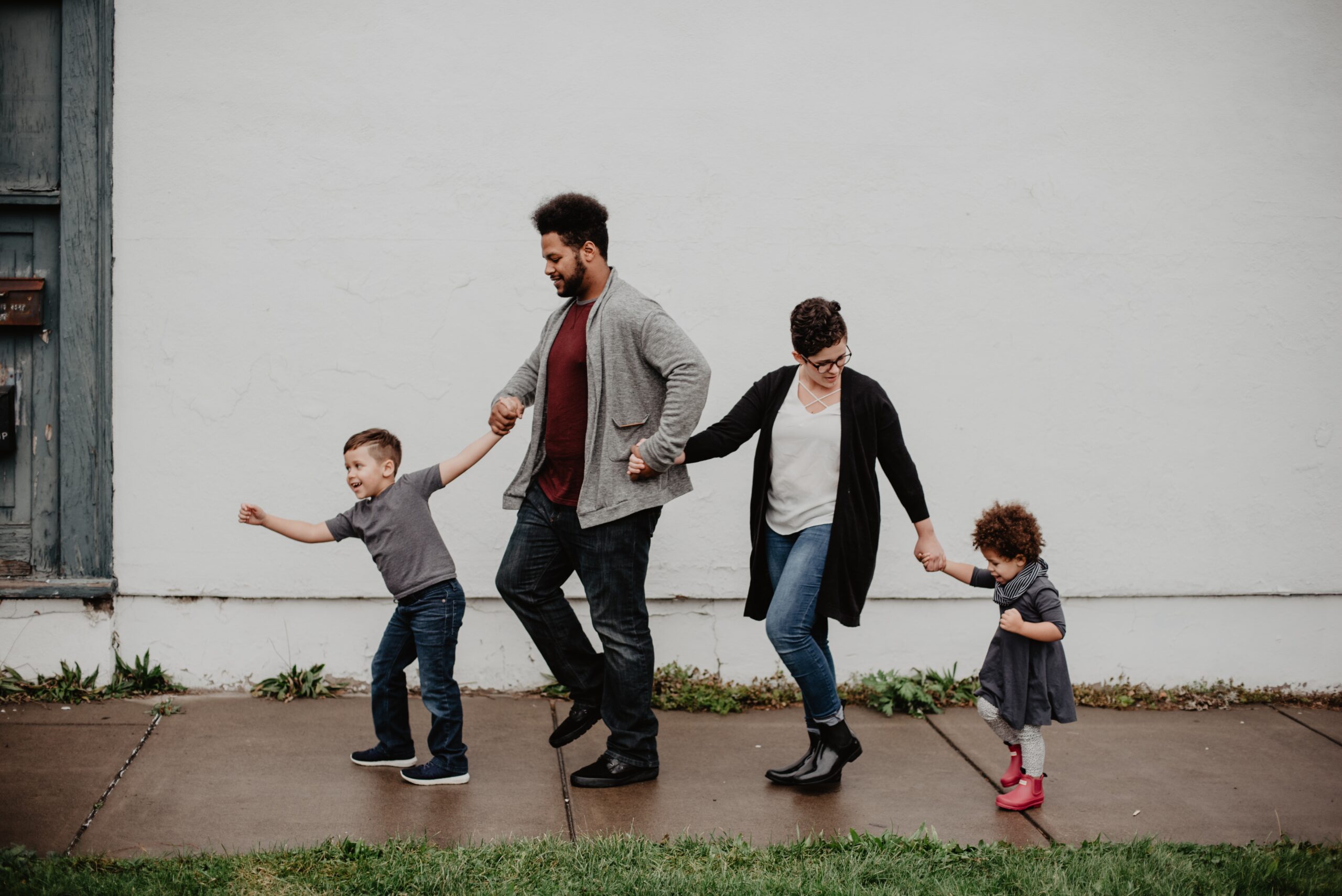Physical activity and sports are of great importance for proper growth and development of children.
There are so many activities a child can pick, according to his or her abilities and preferences. However, it is debatable what sports activities are available for people with disabilities and what importance they have for their development? Parents of the children with special needs often prevent them from playing some sport, usually because they are afraid that the children will fall, hurt themselves or may not be able to meet the challenges.
These children rarely have the opportunity to ride a bike, use climbers and thus explore their limits. Caring about his/her safety is an essential part in every child’s upbringing, even though it can easily turn into overprotection. In order to protect their children from potential harm and danger, parents often deny games and activities that are important not only for children’s biological system, but also for strengthening their self-confidence and self-esteem. Furthermore, such activities are very important for them in order to socialize with other children with disabilities.
If you asked me who is the best swimmer in my opinion, I would not think twice. My answer would be – my brother Luka. As it took him a lot of time to start walking, his leg muscles were weak and daily walks were not sufficient physical activity. When we went to the seaside for the first time, he was not so thrilled with the idea of swimming. Instead, he would sit with my mom in the shallow water and listen to the sound of waves. The next summer we gave him swimming armbands and helped him swim. He was absolutely delighted with it. He was turning round and round in the water, trying out new things, and he even dived a few times. When we returned home, he asked us to fill a bathtub for him so he could continue enjoying in the water.
Having realized how much swimming meant for him and how calm and relaxed he was in the water, our mother immediately started inquiring about the swimming programs for children with special needs. Then she started taking him twice a week to the swimming lessons. At first he swam in a small pool along with the babies. Then he moved into a deeper pool in which he had to learn how to float. With each training, he was becoming more and more nimble. He was like a small fish.

In the beginning, he was quite stubborn and did only what he wanted to do in the pool. It was hard for him to accept mother’s suggestions. Water made him feel free. He swam. He dived. He enjoyed. One of the things we noticed was that his breathing technique was just amazing. All instructors were surprised by his ability to keep his breath under water for such a long time and to breathe in a correct way at the same time, as if he had been taught how to do so.
Now Luka is very happy every time we go to the seaside. He spends hours in the water and it is almost impossible to get him out. This year, our younger sister and I have tried to do some acrobatics like the ones he did in the water, but it was too complicated for us. He made rings, dived, asked us to throw him into the water… He enjoyed so much that even huge waves did not disturb him. On the contrary, he liked when a wave splashed him.
Trainings in the pool 10 feet deep in the past few months certainly helped him become our little magician in the water. Recreational swimming had a significant impact not only on Luka’s health, but it also improved the tone of his muscles as well as his behaviour. The smile he has on his face when he is in the pool or sea – his favourite places for exploring – is priceless for us.
However, it was very important that my parents did not prevent him from doing what he liked in the first place. Otherwise he would have been deprived of the world he is now well acquainted with. That is the world in which he feels joyful and carefree, and in which he certainly fares lot better than any other member of our family.

Image courtesy of digitalart FreeDigitalPhotos.net
There is no doubt that physical activity has a positive effect on the development of muscular strength, bone density, endurance. However, the more important thing is that people with disabilities gain self-confidence through sports and recreational activities. The effort they invest in each training is something we need to think about every time when a barrier shows up in front of us, forcing us to give up. But, they never give up. People with artificial limbs, in wheelchairs, come regularly to practice, even though they face difficulties on their first step towards the pool. I will not forget a girl without forearms, who bravely climbed up the artificial rock, or the happiness in the eyes of the guys who managed to climb to the top after countless falls.
Sports and recreational activities are very important for the socialization of people with disabilities. At the same time these activities change the way the disabled people are treated; they help reduce discrimination, and more importantly, they instill self-confidence and esteem in them.
In our country there are many clubs for people with disabilities where various programs, workshops and competitions take place for them throughout the year. All of us, parents and family members of children with special needs, have to become aware of their needs and give them the opportunity to explore their limits and consider the possibilities of playing some sport, according to their abilities.

Image courtesy of Stuart Miles FreeDigitalPhotos.net
The fear for child’s safety when he/she is playing is always there, especially when it comes to children with some form of disability. However, given that regular physical activity is important for the overall health and socialization of children, parents should think about possibilities, and together with the child explore his/her limits and choose the best option. Smile on the child’s face after achievements and is something priceless. It is something that can motivate parents to include sports and recreational activities in the everyday life of children with special needs.

















